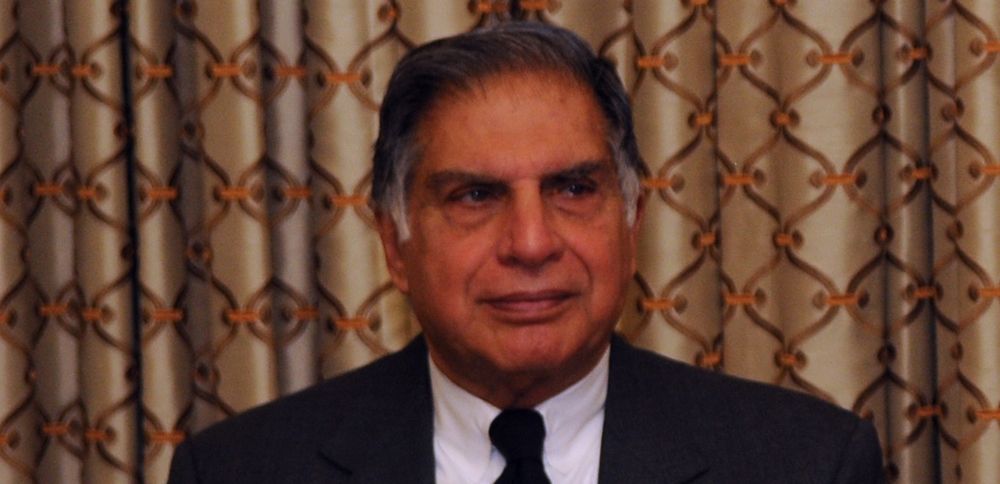Ratan Tata on Friday filed a petition in the Supreme Court seeking to quash the order of the National Company Law Appellate Tribunal (NCLAT) to re-instate Cyrus Mistry as the executive chairman of the Tata group.
His petition is separate from the one filed by Tata Sons Ltd, the holding company of the $110-billion salt-to-software conglomerate, in the apex court on Thursday that sought a stay on the NCLAT’s December 18, 2019 order to reinstate Cyrus Mistry as the chairman.
Ratan Tata, who is chairman emeritus and a shareholder of Tata Sons, in the petition said the NCLAT order was “wrong, erroneous and contrary to the record of the case’’, that it has glossed over relevant facts and records and that the submissions made by him and others have been ignored, or if noticed, have not been dealt with.
‘Wrong premise’
In his appeal, Tata submitted that the order starts on a wrong premise of treating Tata Sons as a two-group company. Pointing out that while the Shapoorji Pallonji group has been associated with Tata Sons from 1965 when it first became its shareholders, the petition said there has never been any relationship akin to a partnership between the two and that the Mistry group have always been a financial investor in Tata Sons.
Mistry, he contended, was made the executive chairman of Tata Sons in a purely professional capacity and not as a representative of his group, which holds 18.4 per cent in Tata Sons. Tata Trusts, of which Ratan Tata had been a chairman, holds 65.89 per cent of Tata Sons.
The petition said the NCLAT order wrongly suggests that “someone from the SP group had been a director because of some entrenched right or convention”. According to Tata, this is untrue and contrary to the records and the articles of association of Tata Sons, which are undisputed and binding on the shareholders, including the SP group.
‘Discordant’ note
He further said that in the months preceding the replacement of Mistry, the relationship between him and Tata Trusts had become “discordant” and it was strongly felt by the Tata Trusts that he could not provide a robust leadership to Tata Sons in the future.
According to Tata, Mistry’s leadership “was lacking” in “his reluctance to timely and meaningfully disassociate himself from his family business after he became the chairman of Tata Sons and address any conflict in this regard, which was a condition precedent to his appointment as chairman of Tata Sons”.
Mistry, he alleged, “concentrated power and authority in his own hands” and the “board members were being alienated on matters relating to Tata operating companies where Tata Sons had huge financial exposure and the board of Tata Sons had to contend with such decisions being cast upon it as fait accompli”.
DoCoMo spat
He cited Mistry’s handling of the dispute with Japan’s DoCoMo, saying it showed his “complete obstinacy” as he attempted to resist complying with the legal obligations.
“This is not what the Tata Sons brand stands for. Quite to the contrary, honouring its commitments is one of Tata Sons’ highest virtues it takes great pride in. The spat with DoCoMo brought ill-repute and reputational losses to Tata Sons,” the petition said.
Tata further said that there are no 550 mails between him and Mistry as mentioned in the NCLAT judgment. “These mails were between the chairman emeritus and chairman Cyrus Mistry and not by entities in court.”
“The whole case of oppression and prejudice is based entirely on words and statements contained in correspondence without there being an iota of evidence to buttress any actual loss/injury being caused to Tata Sons as a result of Mistry being forced to act on such interference against his wishes,” the petition said.











